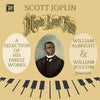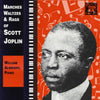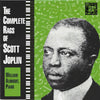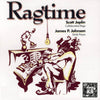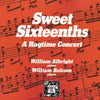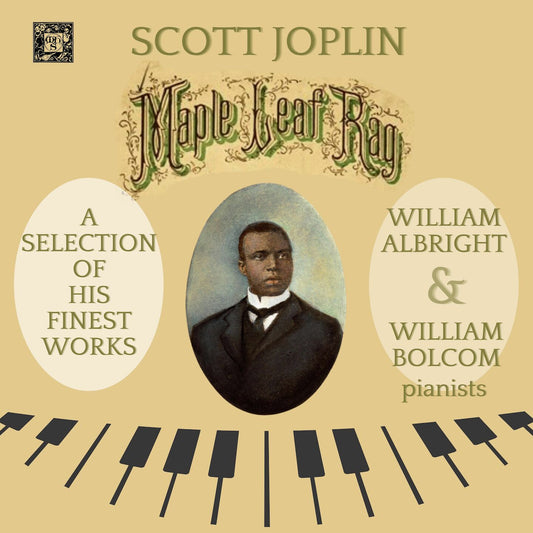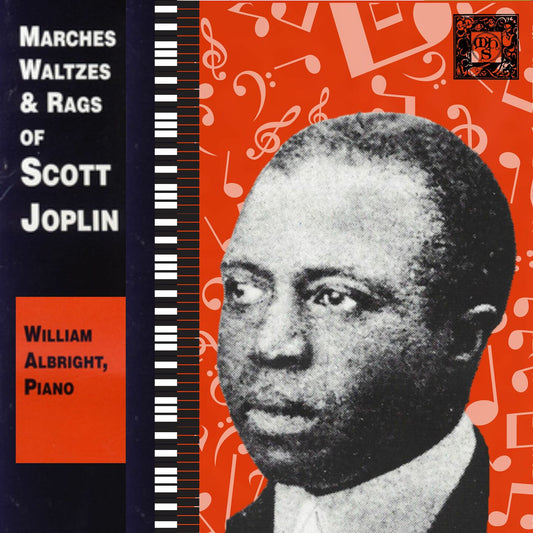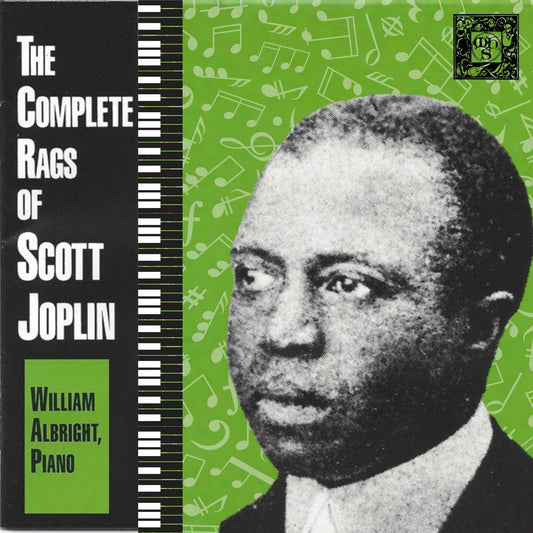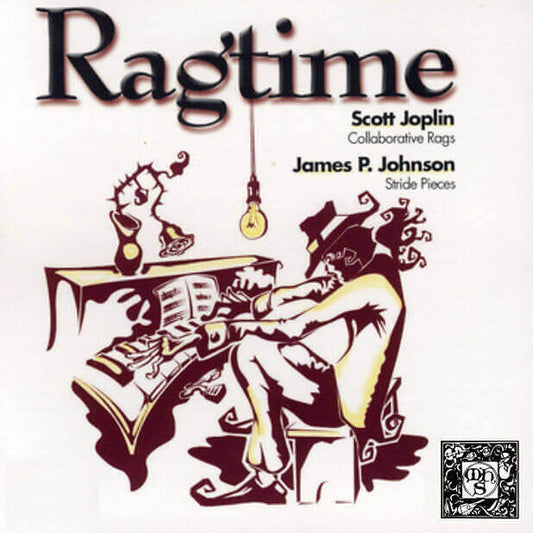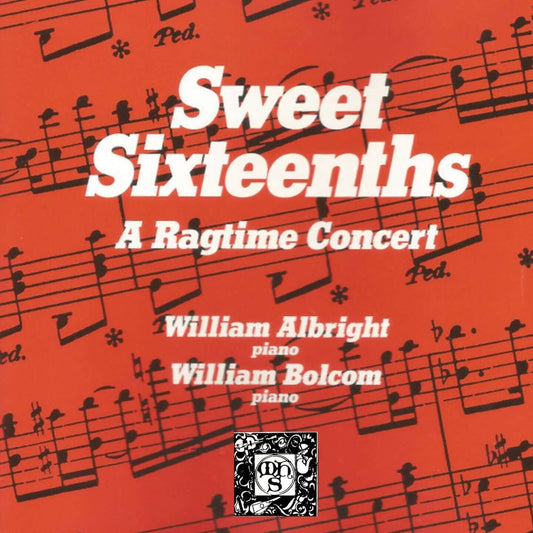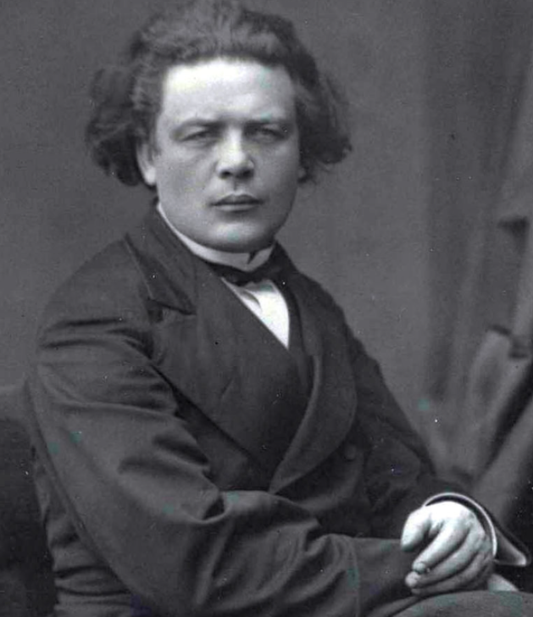Collection: SCOTT JOPLIN (1867/68 – 1917)
Scott Joplin (c. 1867/68 – April 1, 1917), posthumously crowned the "King of Ragtime," stands as one of the most significant figures in the history of American music. He was the preeminent composer and pianist of the ragtime era, elevating a syncopated, African American folk style into a distinct and sophisticated musical form. While best known for infectious piano rags like "Maple Leaf Rag" and "The Entertainer," Joplin harbored ambitions that extended far beyond popular tunes, striving to create serious artistic works, including a full-fledged grand opera, that reflected the African American experience.
Born in northeastern Texas sometime shortly after the Civil War, likely between mid-1867 and mid-1868, Joplin grew up in a musical household. His father, a former slave, played the violin, and his mother sang and played the banjo. Young Scott showed exceptional musical talent early on, learning guitar and bugle before focusing on the piano. Recognizing his potential, local music teachers, most notably Julius Weiss, a German immigrant musician, provided the young Joplin with free lessons, introducing him to classical forms, harmony, and music theory. This formal grounding would prove crucial in shaping Joplin's unique blend of European structure and African American rhythmic vitality.
As a teenager, Joplin left home and worked as an itinerant musician, traveling through the Midwest and South, playing in saloons, clubs, and potentially brothels – common venues for pianists of the time. He absorbed the diverse musical styles he encountered, particularly the syncopated rhythms that were coalescing into ragtime. In the mid-1890s, he settled for a time in Sedalia, Missouri, a key center for early ragtime development. He attended music classes at the George R. Smith College for Negroes, played cornet in the Queen City Concert Band, and performed at social clubs like the Maple Leaf Club, whose name he would immortalize.
It was in Sedalia that Joplin met music publisher John Stillwell Stark. In 1899, Stark published Joplin's "Maple Leaf Rag." While not his first published piece, "Maple Leaf Rag" became an unprecedented smash hit, selling hundreds of thousands of copies of sheet music within a decade. It perfectly codified the classic rag form – typically featuring multiple distinct themes (or "strains") with syncopated melodies over a steady left-hand accompaniment – and became the template for countless other rags. The success of "Maple Leaf Rag" provided Joplin with a steady income (through a modest royalty agreement) and cemented his reputation as the leading ragtime composer.
Following this success, Joplin moved first to St. Louis and later to New York City, continuing to compose prolifically. He penned dozens of masterful rags, including "Elite Syncopations," "The Chrysanthemum," "Fig Leaf Rag," and the piece that would gain immense posthumous fame, "The Entertainer" (1902). He also composed waltzes, marches, and songs, and collaborated on works like "Swipesy Cakewalk." He published pedagogical works like his "School of Ragtime," emphasizing the importance of playing ragtime accurately and not overly fast, viewing it as a serious musical style.
However, Joplin's ultimate artistic goal was to gain recognition as a composer of large-scale works in the European tradition, imbued with African American themes and musical language. He composed a ragtime ballet, The Ragtime Dance (performed in 1899 but not published in full until later), and poured his energy and finances into his grand opera, Treemonisha. Completed around 1910, Treemonisha tells an allegorical story advocating for education and knowledge as the path to salvation for African Americans emerging from slavery and ignorance. Despite containing beautiful music blending ragtime syncopation with operatic forms, Joplin struggled immensely to get it produced. He published the piano-vocal score himself in 1911 and mounted a sparsely staged, under-rehearsed performance with piano accompaniment in Harlem in 1915, which was poorly received and financially disastrous.
This failure, combined with the declining popularity of ragtime in favor of emerging jazz styles and the devastating effects of syphilis (which he likely contracted years earlier), took a heavy toll on Joplin. His health deteriorated rapidly, and he was institutionalized in early 1917, dying at the Manhattan State Hospital on April 1st.
While his rags remained known to specialists, Joplin and his operatic ambitions were largely forgotten for decades. A major revival began in the early 1970s, sparked by the prominent use of "The Entertainer" in the Academy Award-winning film The Sting (1973). This resurgence led to a full staging of Treemonisha and, in 1976, a special posthumous Pulitzer Prize awarded to Scott Joplin for his contributions to American music. Today, he is celebrated not just as the King of Ragtime, but as a pioneering American composer who masterfully captured a unique cultural moment and aspired to the highest artistic achievements.

